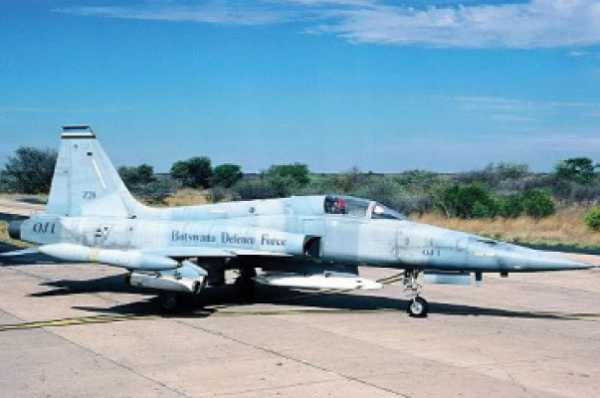Is BDF upending military-balance in its neighbourhood?
The increased budget of Botswana Defence Force (BDF) for the financial year 2016-2017 has attracted curiosity as well as suspicion from both legislators and political commentators.
The point of great discomfort being, the perceived accelerated military build-up by the BDF, which some fear it can upend military-balance in the region and trigger unnecessary arms race. However, let me be quick to point out that military budgets are only one gauge of military power.
They do not give the whole picture such as strategic intentions of a nation. In most cases, strategic intentions of a nation are informed by its national interests, security priorities and geo-strategic security environment. Therefore, the BDF’s budget may be adequate or inadequate depending on the number and capability of Botswana’s adversaries and what she seeks to accomplish, among other factors.
Having said that, upsurge in military spending does reveal something about a country’s capacity for coercion. The biggest problem by far is the growing mismatch between BDF’s acquisition and Botswana’s current security priorities.
Although it is understandable that we may see an increase in BDF’s budget because military equipment is becoming more expensive due to its technological advancement, it is still insufficient to explain the current high appetite for military hardware and build-up. Although I concur that military might is the corner-stone of a nation’s projection of power, I am of the view that it ought to be relative to economic power.
Otherwise, we will end up like North-Korea; with nuclear arsenal but empty food shelves.It has become increasingly apparent that BDF’s military modernisation ,which includes organisational and command restructuring, is having budgetary implications. The alleged acquisition of anti-access and other sophisticated aerial denial weaponry systems will surely leave our neighbours wondering on our intentions.
This would be mainly because such capability is neither consistent with our anti-poaching operations, which is by far our main domestic security priority nor with our illegal immigrants challenge. I still argue that BDF needs to grow accustomed to the reality that the future adversary would be unconventional, highly mobile and agile, with less interest in threatening our air platforms, airborne surveillance and in-theatre infrastructure.
Therefore, our acquisition of military hardware must reflect characteristics of the future enemy. I do not think BDF’s strategic posture is premised on having unparalleled military dominance in the region, but more on sustainable defence capability enough to safeguard our territorial integrity and sovereignty.
Equally so, our neighbours’ military capability does not give them the ability to conduct large-scale military operations far from a nation’s home territory without serious implications. Therefore, state-state threats remain very marginal and even lowered further by SADC’s ongoing regional integration drive. Besides, even if we were to have ambitions to match South Africa’s military capability, the costs of such a move are large enough to render Botswana economically obsolete.
That said, BDF must know that military capability and military effectiveness are not always synonymous. Therefore, even if on paper we may enjoy conventional military advantage, it might not translate into an effective deterrent or coercive capability. If this was not the case, then the Unites States would not be stuck in Iraq and Afghanistan.
It would be more accurate to say that force, even when wielded by the seemingly strong against the nominally weak, continues to be an exceedingly uncertain instrument. In fact, the pursuit of military dominance is an illusion, the principal effect of which is to distort strategic judgment by persuading policymakers that they have at hand the means to make short work of history’s complexities.
The real need is to wean the BDF from its infatuation with military power and come to a more modest appreciation of what force can and cannot do. This would inform them on what they need and what they do not need to buy.
[email protected]






